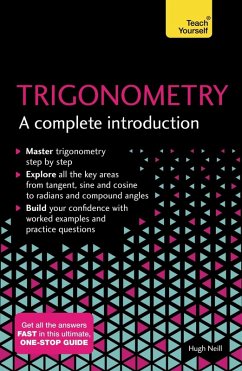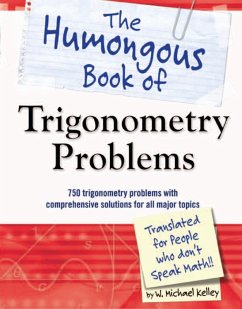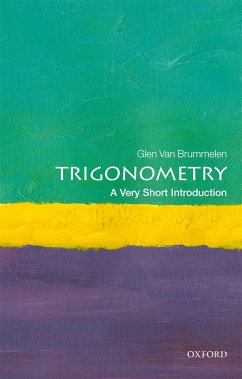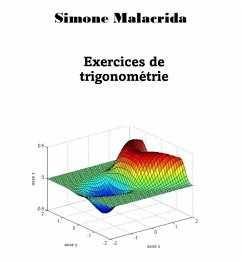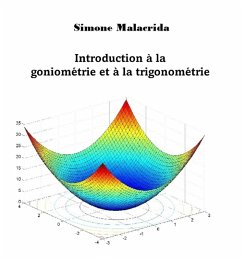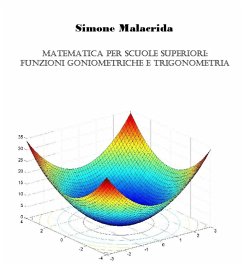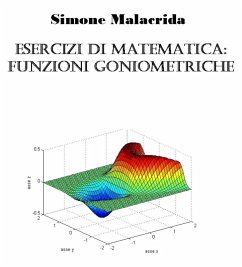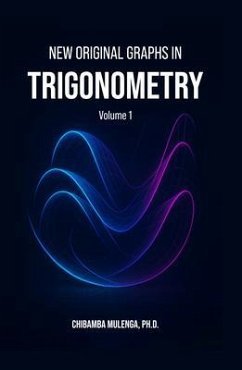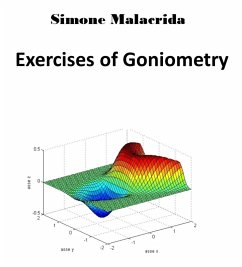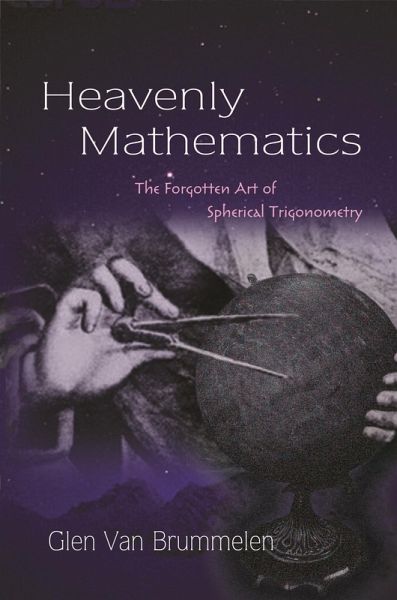
Heavenly Mathematics (eBook, ePUB)
The Forgotten Art of Spherical Trigonometry
Versandkostenfrei!
Sofort per Download lieferbar
13,95 €
inkl. MwSt.
Weitere Ausgaben:

PAYBACK Punkte
7 °P sammeln!
An unparalleled illustrated history of spherical trigonometry from antiquity to todayHeavenly Mathematics traces the rich history of spherical trigonometry, revealing how the cultures of classical Greece, medieval Islam, and the modern West used this forgotten art to chart the heavens and the Earth. Once at the heart of astronomy and ocean-going navigation for two millennia, the discipline was also a mainstay of mathematics education for centuries and taught widely until the 1950s. Glen Van Brummelen explores this exquisite branch of mathematics and its role in ancient astronomy, geography, an...
An unparalleled illustrated history of spherical trigonometry from antiquity to today
Heavenly Mathematics traces the rich history of spherical trigonometry, revealing how the cultures of classical Greece, medieval Islam, and the modern West used this forgotten art to chart the heavens and the Earth. Once at the heart of astronomy and ocean-going navigation for two millennia, the discipline was also a mainstay of mathematics education for centuries and taught widely until the 1950s. Glen Van Brummelen explores this exquisite branch of mathematics and its role in ancient astronomy, geography, and cartography; Islamic religious rituals; celestial navigation; polyhedra; stereographic projection; and more. He conveys the sheer beauty of spherical trigonometry, providing readers with a new appreciation of its elegant proofs and often surprising conclusions. Heavenly Mathematics is illustrated throughout with stunning historical images and informative drawings and diagrams. This unique compendium also features easy-to-use appendixes as well as exercises that originally appeared in textbooks from the eighteenth to the early twentieth centuries.
Heavenly Mathematics traces the rich history of spherical trigonometry, revealing how the cultures of classical Greece, medieval Islam, and the modern West used this forgotten art to chart the heavens and the Earth. Once at the heart of astronomy and ocean-going navigation for two millennia, the discipline was also a mainstay of mathematics education for centuries and taught widely until the 1950s. Glen Van Brummelen explores this exquisite branch of mathematics and its role in ancient astronomy, geography, and cartography; Islamic religious rituals; celestial navigation; polyhedra; stereographic projection; and more. He conveys the sheer beauty of spherical trigonometry, providing readers with a new appreciation of its elegant proofs and often surprising conclusions. Heavenly Mathematics is illustrated throughout with stunning historical images and informative drawings and diagrams. This unique compendium also features easy-to-use appendixes as well as exercises that originally appeared in textbooks from the eighteenth to the early twentieth centuries.




